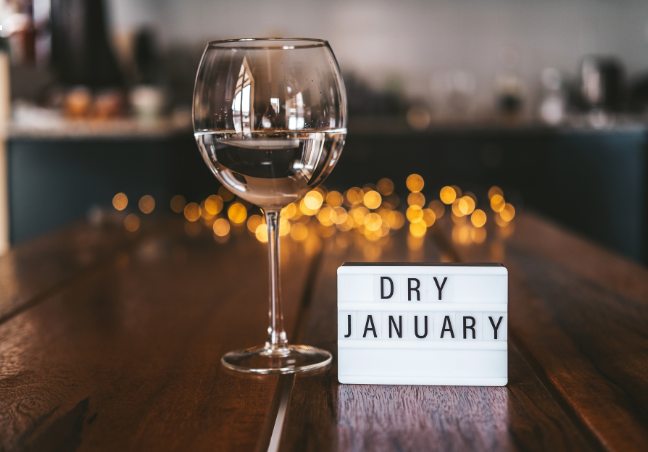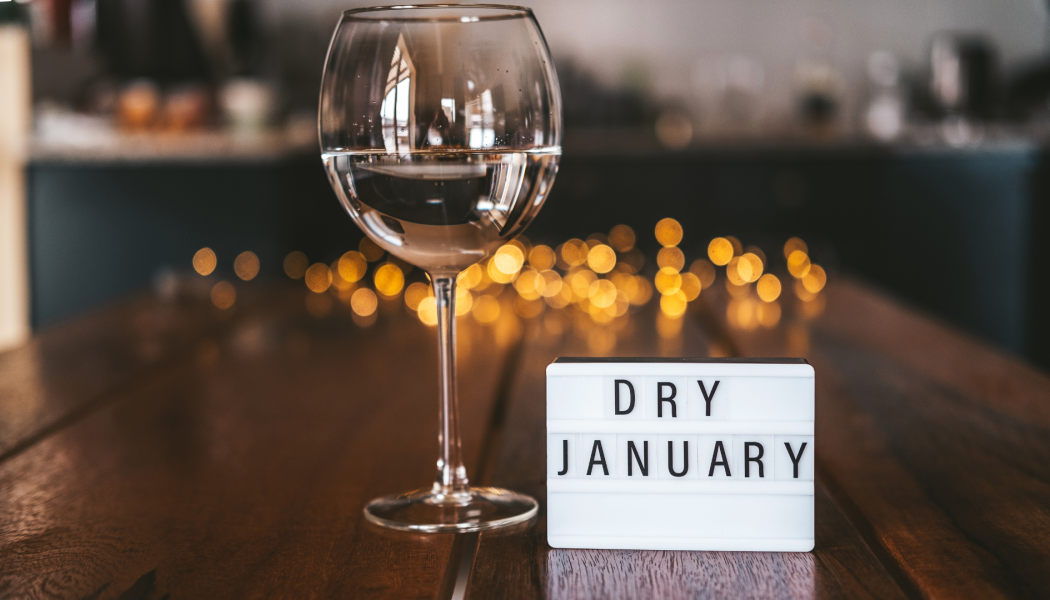With New Year’s around the corner, many of us turn our thoughts to resolutions. January 1 can be a springboard for a fresh start, new habits and big goals.
The original Dry January started in the UK sometime around 2013, and since then has become a global movement. Since 2016, the Go Dry challenge for the Canadian Cancer Society has also inspired hundreds of thousands of people across the country to give up alcohol and go dry for 31 days starting January 1.
But going dry may not be the right goal for everyone, says Dr. Andy Delli Pizzi, a medical health officer with Interior Health. “While many people might feel ready and able to not drink for a month, an ‘all or nothing’ approach can be unrealistic for some,” says Dr. Delli Pizzi.
“People who choose to not go dry can still try to lower their alcohol consumption to reduce the adverse health effects of alcohol. Choosing small steps over big ones can give you a higher chance of success of meeting your goals and give you something to celebrate.”















